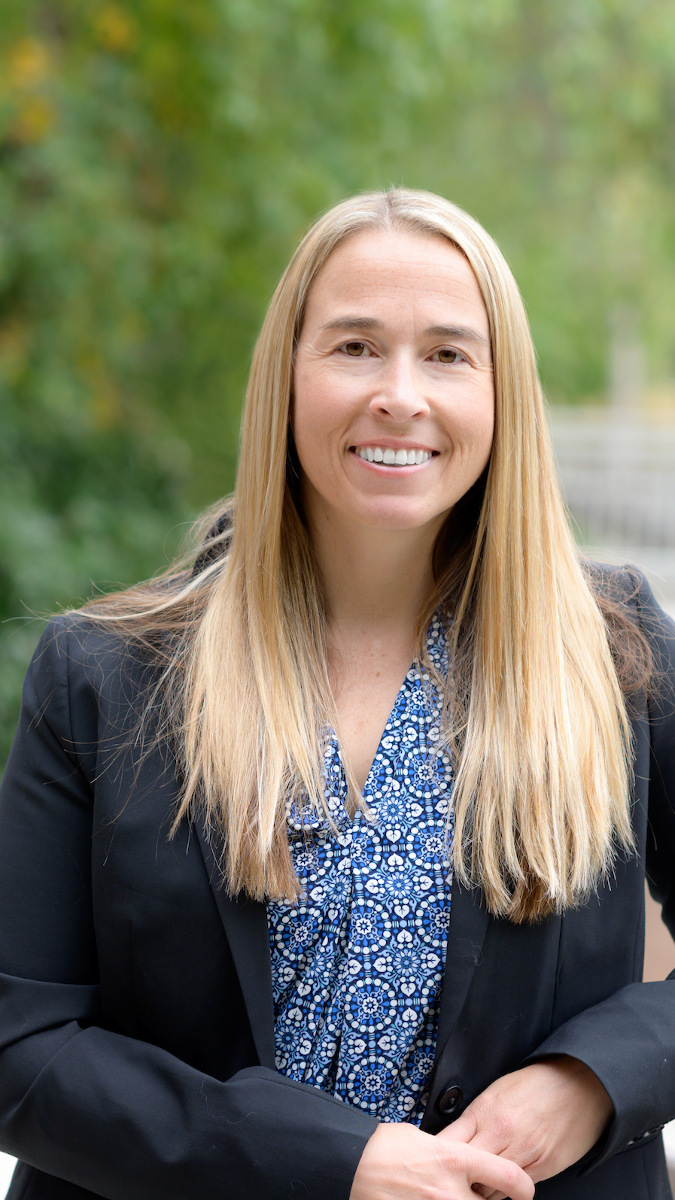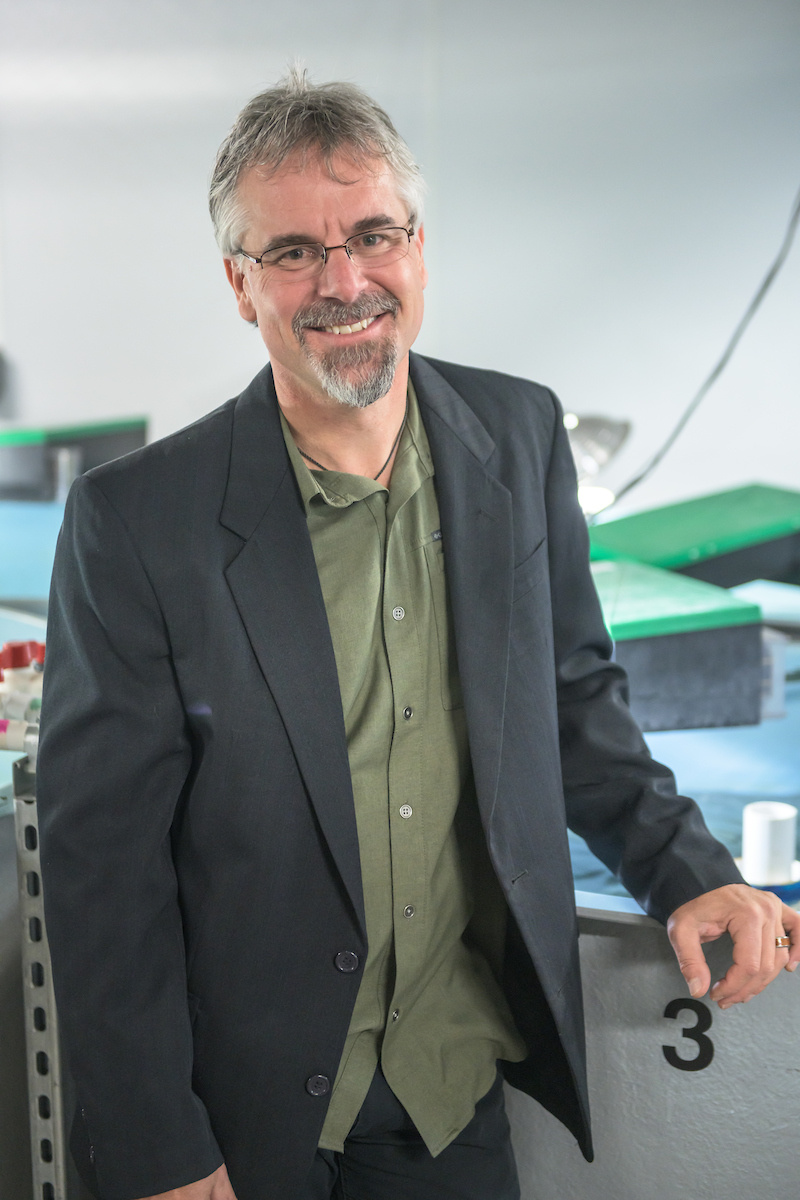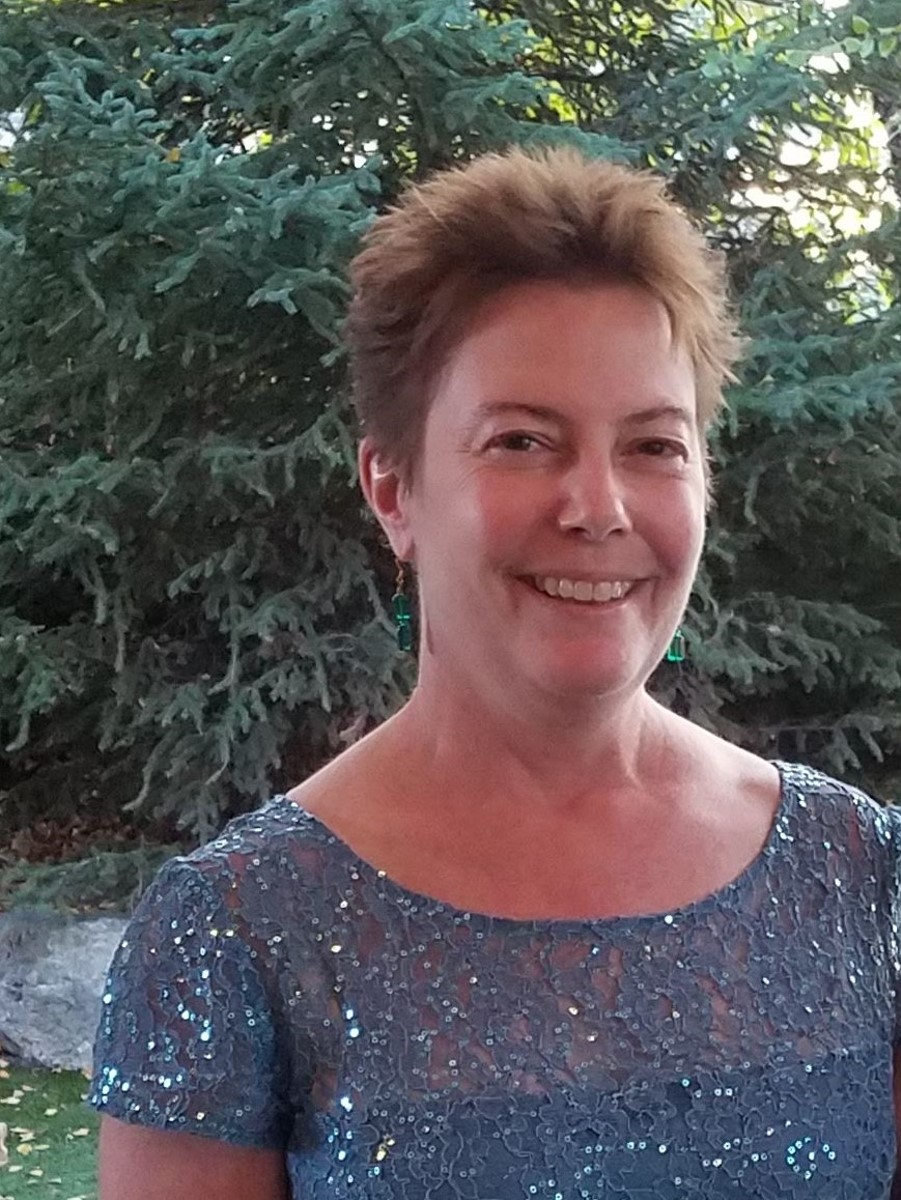Past Excellence Award Winners
Michelle McGuire : 2023
Michelle (Shelley) McGuire received her bachelor’s in biology from the University of Illinois (1986), a master’s in nutritional sciences from the University of Illinois (1988) and a doctorate in human nutrition from Cornell University (1994). Her research focuses primarily on better understanding how maternal diet and nutritional status influence human milk composition and maternal/infant health during breastfeeding. Of particular interest to her research is understanding the importance of dietary lipids to maternal and infant health. Shelley was recently inducted into the National Academy of Medicine (NAM) for her work in maternal and infant nutrition, becoming the state's first NAM inductee.

Luke Harmon: 2022
Dr. Luke Harmon is a Professor in the Department of Biological Sciences at the University of Idaho. He has a doctorate from Washington University in Ecology and Population Biology. His research focuses on developing new comparative methods and applying them to large phylogenetic datasets. Ongoing progress in building the tree of life provides a rare opportunity to learn about the dynamics of diversification through time and across clades. Current projects in his lab are focused on testing hypotheses about trait evolution, diversification and adaptive radiation using statistical comparative methods. He is also interested in the interface between quantitative genetics and comparative methods. He is an Early Career Faculty Award Winner along with the Young Investigators Prize.

Tara Hudiburg: 2021
Dr. Tara Hudiburg is an Associate Professor in the Department of Forest, Rangeland and Fire Sciences at the University of Idaho. Before coming to Idaho, she completed her Ph.D. and MS degrees in Forest Science at Oregon State University and a postdoctoral appointment in Plant Biology at the University of Illinois Urbana-Champaign. Her research investigates the impacts of climate, fire and management on terrestrial biogeochemical cycling, particularly GHG implications. She uses data-model frameworks to improve and validate process-based models used for predicting future carbon cycle impacts in forest and agricultural ecosystems. She is a NSF Early Career award and PECASE recipient. Dr. Hudiburg has received over $2 million (U of I portion out of $110 million total) in federal competitive funding from NSF, DOE, USDA and the BIA. She currently mentors 3 Ph.D. students (all women) and 3 postdoctoral researchers.

Kenneth Cain: 2020
Kenneth Cain is a Professor of Aquaculture and Fish Health in the Department of Fish and Wildlife Sciences at the College of Natural Resources (CNR). He has also served as the associate director of the University of Idaho’s Aquaculture Research Institute (ARI) since 2002.
Cain joined the U of I in 1999. During his two-decade career at U of I, he has been conducting and overseeing basic and applied research in fish health, immunology, molecular diagnostics, fish nutrition, and other key areas associated with aquaculture and fisheries science.
Since 2000, Cain served as either principal investigator (PI) or co-PI on more than 80 sponsored projects worth more than $11.6 Million. More than $4 million of these funds are linked to active or currently scheduled research projects. Some of his most significant work has centered on developing a new vaccine that prevents coldwater disease, an infectious bacterial disorder of fish in the salmonid (salmon) family. This has led to a patented vaccine that was recently licensed to a major pharmaceutical firm.
Through this and other research projects, Cain played a key role in building the ARI into a world class research facility with expertise in population genetics, genomics, proteomics, selective breeding, nutrition and feeding of fish, engineering of aquaculture systems and fish health management.
Cain also shaped U of I’s aquaculture curriculum for undergraduate and graduate students by either developing or co-developing nine courses covering aquaculture, fish health management, and disease diagnostics. He also advised nineteen graduate students through to completion of their degrees and is currently advising five others.
As lead or contributing author on more than 100 published works, Cain is prolific in his field, known globally by name or in person through his many collaborations and dozens of presentations given throughout the world.

Deborah Stenkamp: 2019
Professor Deborah Stenkamp joined the faculty at the University of Idaho in 1997 as an assistant professor in the College of Science's Department of Biological Sciences.
During her 20-plus years at U of I, Stenkamp has examined the cellular and molecular mechanisms of retinal development in animals and humans. She specifically researches differentiation of rod and cone photoreceptors, which are special cells that respond to light and mediate vision. Human retinal diseases involving the loss of these cells result in blindness. Stenkamp’s work, which has focused on the cellular and molecular mechanisms that result in retinal regeneration following retinal damage, may one day help pave the way for new approaches to help treat humans with vision loss – and possibly other disorders that can deteriorate the nervous system.
Stenkamp has been the principal investigator on a wide range of NIH-funded biomedical research projects at U of I. She is also a leader in the Institute for Modeling Collaboration and Innovation’s Evolution of Tandemly-Replicated Opsin Genes working group and a leading collaborator for the Office of Research and Economic Development's (ORED) Institute for Bioinformatics and Evolutionary Studies (IBEST). She has been named as a lead or co-author on nearly 100 published works in her field.
Stenkamp earned her Bachelor of Arts in biology at Whitman College in Walla Walla, Washington. She completed her Ph.D. in neuroscience at the Wilmer Eye Institute of Johns Hopkins Medical Institutions in Baltimore, Maryland. She also conducted postdoctoral work at the University of Michigan in Ann Arbor before coming to the University of Idaho.












